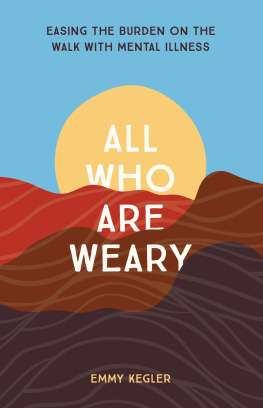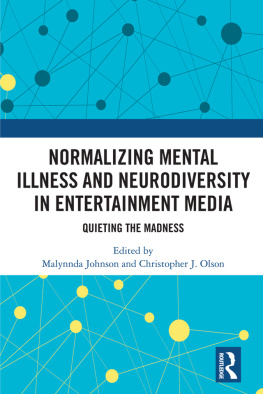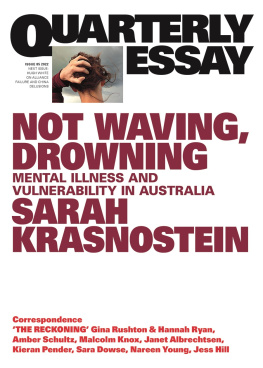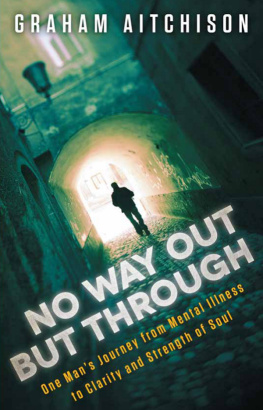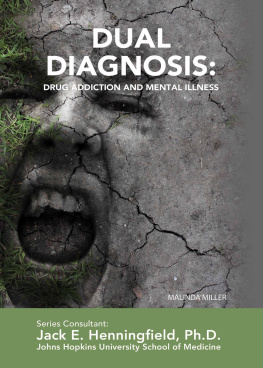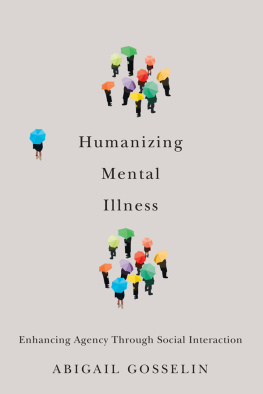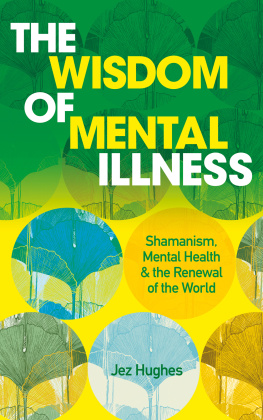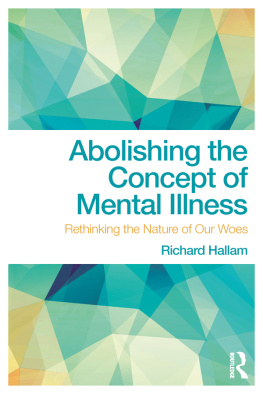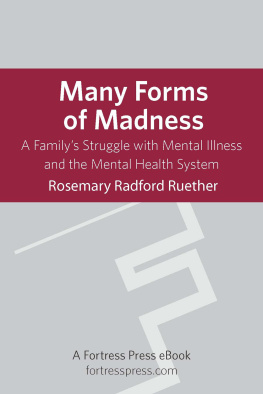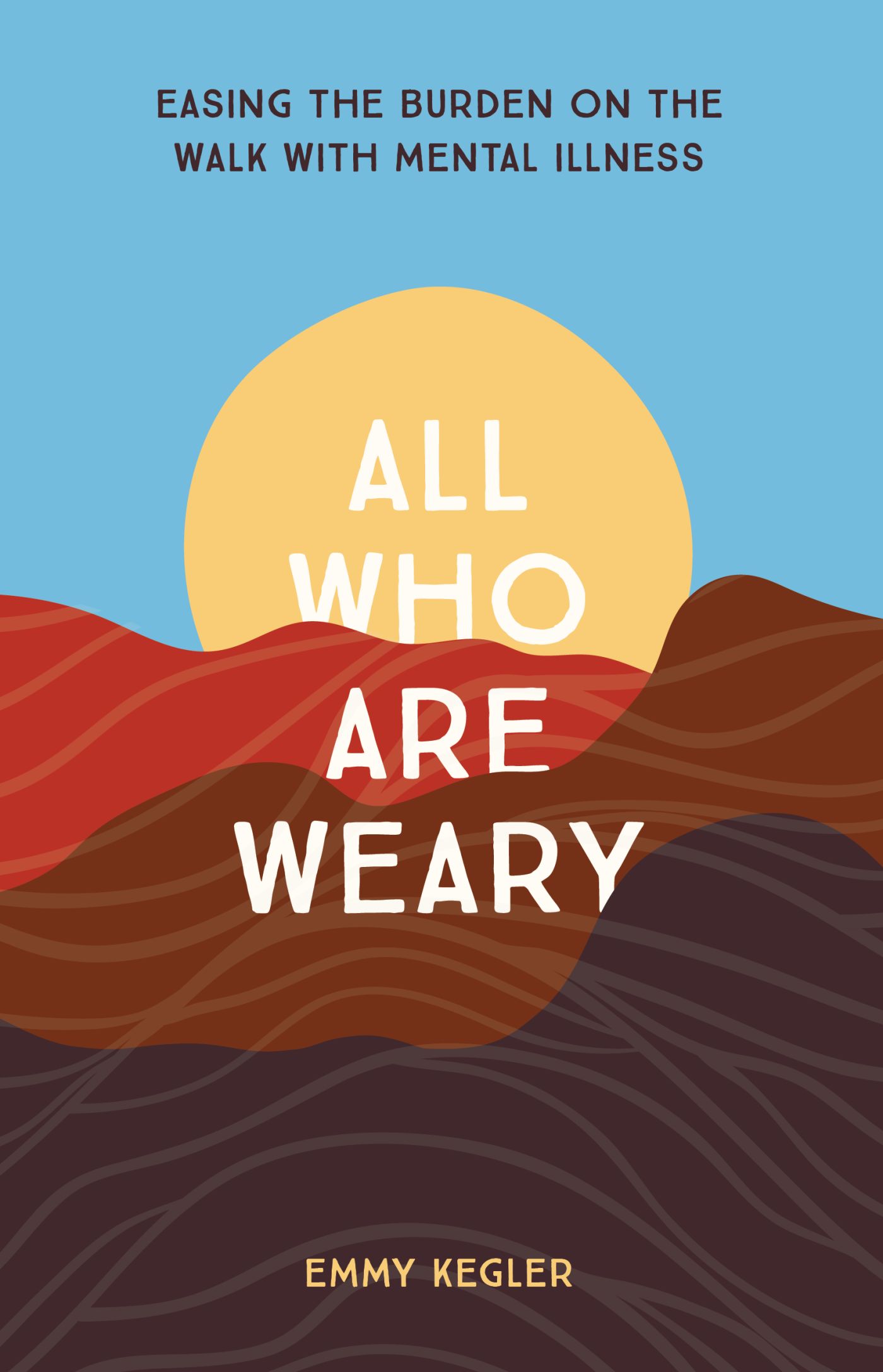
Praise for All Who Are Weary: Easing the Burden on the Walk with Mental Illness
What a pastoral, kind, and true book. Emmy is a trustworthy guide, a gentle prophet, and a fellow sojourner for the weary and the wounded. In so many ways, this book will lovingly shepherd the lambs.
Sarah Bessey, author of New York Times bestseller A Rhythm of Prayer and Miracles and Other Reasonable Things
When faced with the topic of mental health, Emmy Kegler offers something that is sadly rare from a Christian pastor: companionship. Not the trite Ill pray for you variety, although she certainly offers prayer, but the rich and deep kind. The kind that pulls up a chair and says, I struggle with this too, lets talk. All Who Are Weary is a refreshing change of pace.
Matthias Roberts, psychotherapist and author of Beyond Shame
All Who Are Weary is a beautifully and gently written companion to those who journey with mental illness and a guide to help us all love one another better. No matter who you are or where you are on the journey, I hope youll get this book and allow Emmy Keglers powerful words to come alongside you.
Kaitlin Curtice, author of Native: Identity, Belonging & Rediscovering God
All Who Are Weary is an excellent contribution to the project of changing that culture, getting honest about the realities many of us live with, and letting others know they are not alone.
Emily Joy Allison, author of #ChurchToo: How Purity Culture Upholds Abuse and How to Find Healing
All Who Are Weary
Easing the Burden on the Walk with Mental Illness
Emmy Kegler
Broadleaf Books
Minneapolis
ALL WHO ARE WEARY
Easing the Burden on the Walk with Mental Illness
Copyright 2021 Emmy Kegler. Printed by Broadleaf Books, an imprint of 1517 Media. All rights reserved. Except for brief quotations in critical articles or reviews, no part of this book may be reproduced in any manner without prior written permission from the publisher. Email or write to Permissions, Broadleaf Books, PO Box 1209, Minneapolis, MN 55440-1209.
Cover image: AdobeStock
Cover design: Cindy Laun
Print ISBN: 978-1-5064-6780-1
eBook ISBN: 978-1-5064-6781-8
While the author and 1517 Media have confirmed that all references to website addresses (URLs) were accurate at the time of writing, URLs may have expired or changed since the manuscript was prepared.
For everyone worn out by prescriptions to pray harder and longing for a lighter loadincluding me
Contents
Hello, Weary One.
A therapist once told me that all humans share the need to be seen, heard, and knownthat under all of our facades, all of our behaviors represent the pursuit of at least one of those same three needs. But how do we make ourselves seen, heard, and known in a world that venerates strength and personal responsibility and good vibes only and faith systems that have denied our pain, have positioned it as an affront to God rather than the proof of our humanity?
I am a weary one myself; four or more of the following chapters were written personally for and about me, or at least thats how it felt. Thats how it always feels to suffer, isnt it? That whatever we are going through is a personal shortcoming, devoid of any larger sociological context. That we are simply missing a step, that our struggle or diagnosis or trauma is due to our own ineptitude. Its hard not to feel like this is what sets us apart from the rest of the high-functioning world, a world that appears to be undeterred, indefatigable, and just out of reach.
The truth is that all are weary in ways that are often invisible to one another. Some of us slip in and out of the world of the weary, and some of us have permanent addresses here. No matter how long our stay, we realize when we cross that threshold that our common instinct is to hide our pain or brush it off, to make our suffering more palatable for the people around us, watering it down with justifications and minimizations. When they ask, How are you? we hesitate, running through the socially acceptable responses and coming back with fine when we are anything but.
Its not easier to watch the people you love suffer; like living out those dreams where you cant run fast enough, cant pull them out of the river that is sweeping them away, the helplessness is overwhelming. We rush to fix, to identify the problem and repair it. We offer up all of the tools we have: prayer, a listening ear, advice, suggestions for the things they may not have thought of. We want so badly for the answer to be an action, a box we can tick off. After all, if we cant fix their depression, their addiction, their eating disorder, what is it we can do?
Here, Emmy invites us into a world where the weary are seen, heard, and known, and those who love them are invited into the humble and clumsy work of witnessing, of being with the pain of others without reaching for your favorite fix.
Welcome to the not-so-secret society of the weary, and those who love them. Here, you are seen, heard, known, and worthy.
Nora McInerny, host of the Terrible, Thanks for Asking podcast and author of No Happy Endings, Its Okay to Laugh, and The Hot Young Widows Club
I want to start this book with two confessions.
First: I, in the most official of senses, do not know what I am doing. I do not have a license to practice medicine, to prescribe medication, or to provide therapy. I have not earned a PhD studying some dimension of the relationship between mental illness and the Christian faith. I cannot tell you, dear reader, what specifically has gone wrong in your life (or in the life of a loved one, a parishioner, or a client) that has caused the myriad symptoms that can be categorized as mental illness. I do not offer any of the words in this book to provide a diagnosis or a treatment plan from a qualified professional.
Nor am I, by conventional definitions, mentally well. I have been living with depression since my early teens. Its possible it started as early as age ten, which is when I went from a happy kid who loved to dance and joyfully made new friends, to the preteen who wrote a poem about her favorite color: Gray is rain, pouring down. Something went wrong somewhere in there. We know that by twelve I had effectively self-isolated to the point that I had no friends; by fourteen, I was on my first selective serotonin reuptake inhibitor, which is the scientific term for antidepressant and antianxiety medications that help a brain correctly absorb the positive chemicals it is already producing but somehow failing to process correctly. I would bounce in and out of therapy and on and off meds for the next twelve years, until I also developed an acute case of social anxiety to the point that I couldnt grocery shop. I had to have my partner buy milk because the idea of driving to the store, getting out of my car, walking inside, and performing the menial tasks of selecting and purchasing groceries caused me to start hyperventilating, even as I told myself over and over, Nothing is wrong! Nothing is wrong! You are fine! Today Im on an excellent regimen of thirty milligrams of citalopram, plus regular exercise, natural sunshine, and meditation. Most of the time this works.
But I want to note that thirty milligrams is the highest dose of medication Ive taken in my twenty-one years of SSRIs. This book has been less written and more sporadically wrenched from my heart, like it might be via a battlefield surgeon equipped with only a crowbar. It was also written almost entirely in the second half of 2020, a time when the world, the country, and my own family was in as much isolation as our work and grocery needs allowed.
Next page
